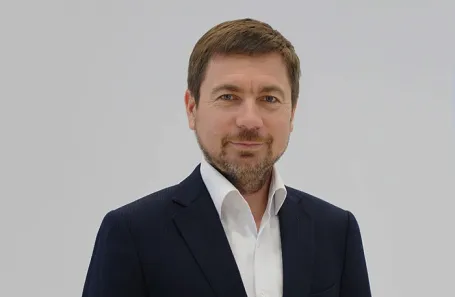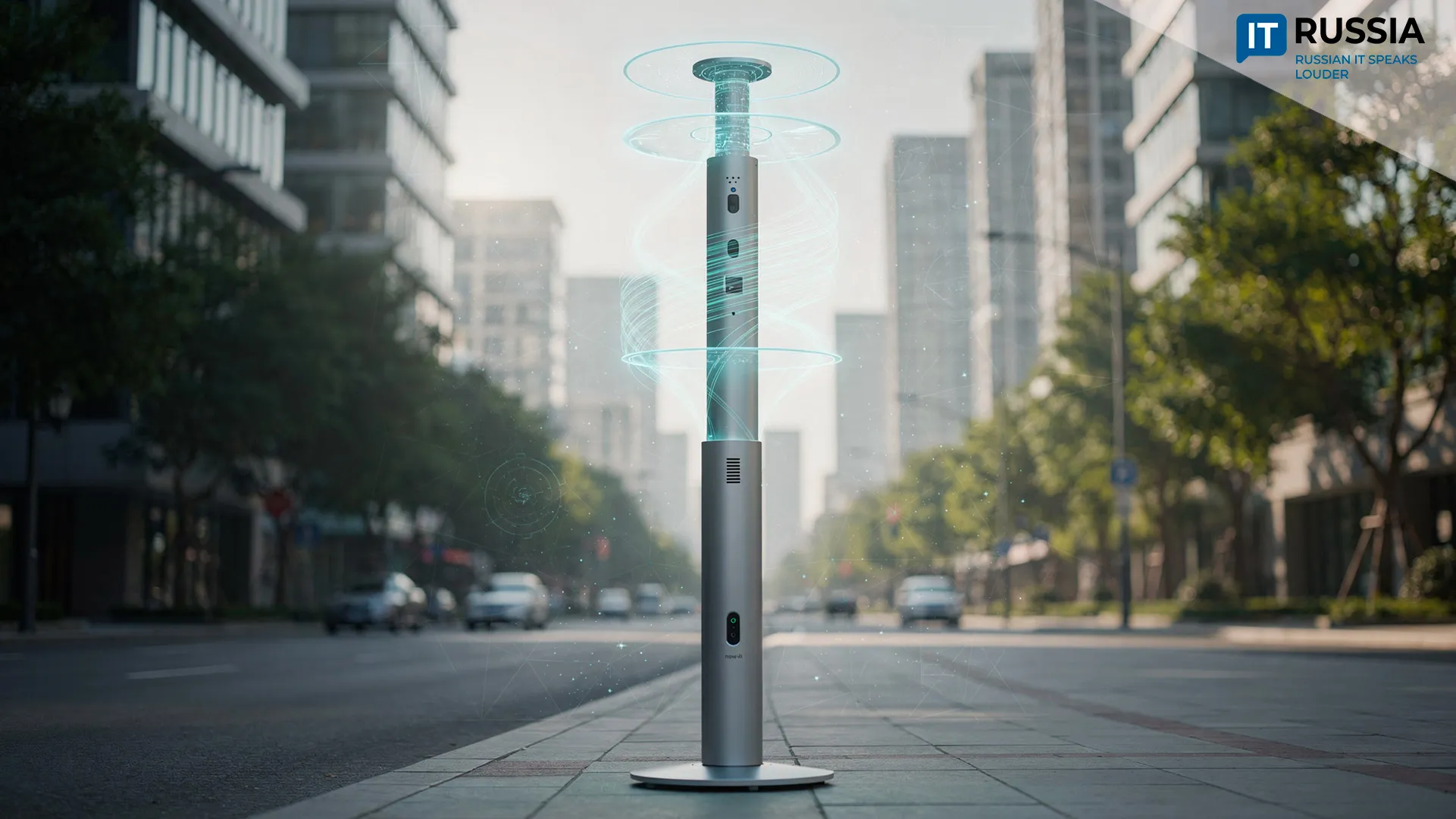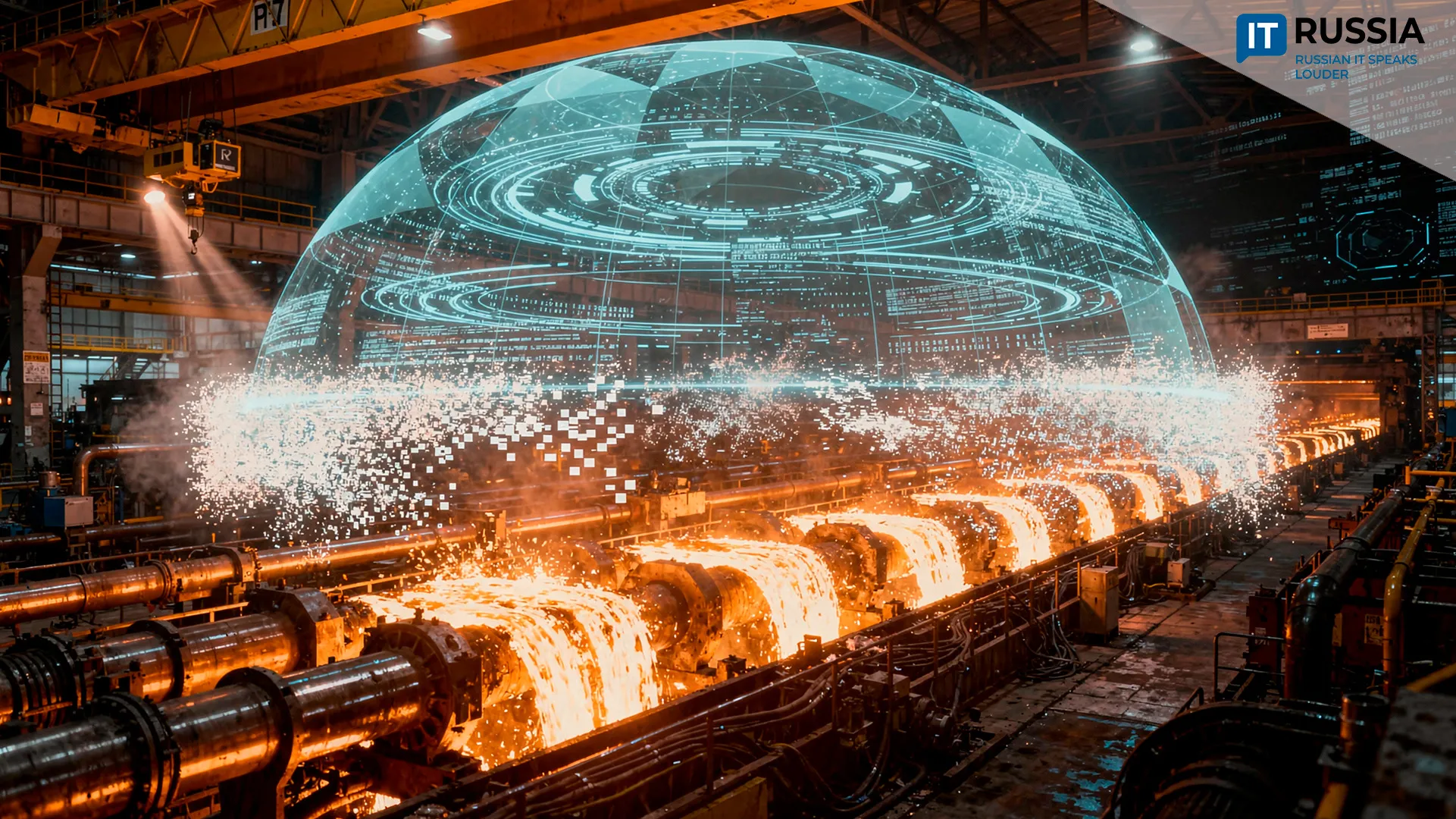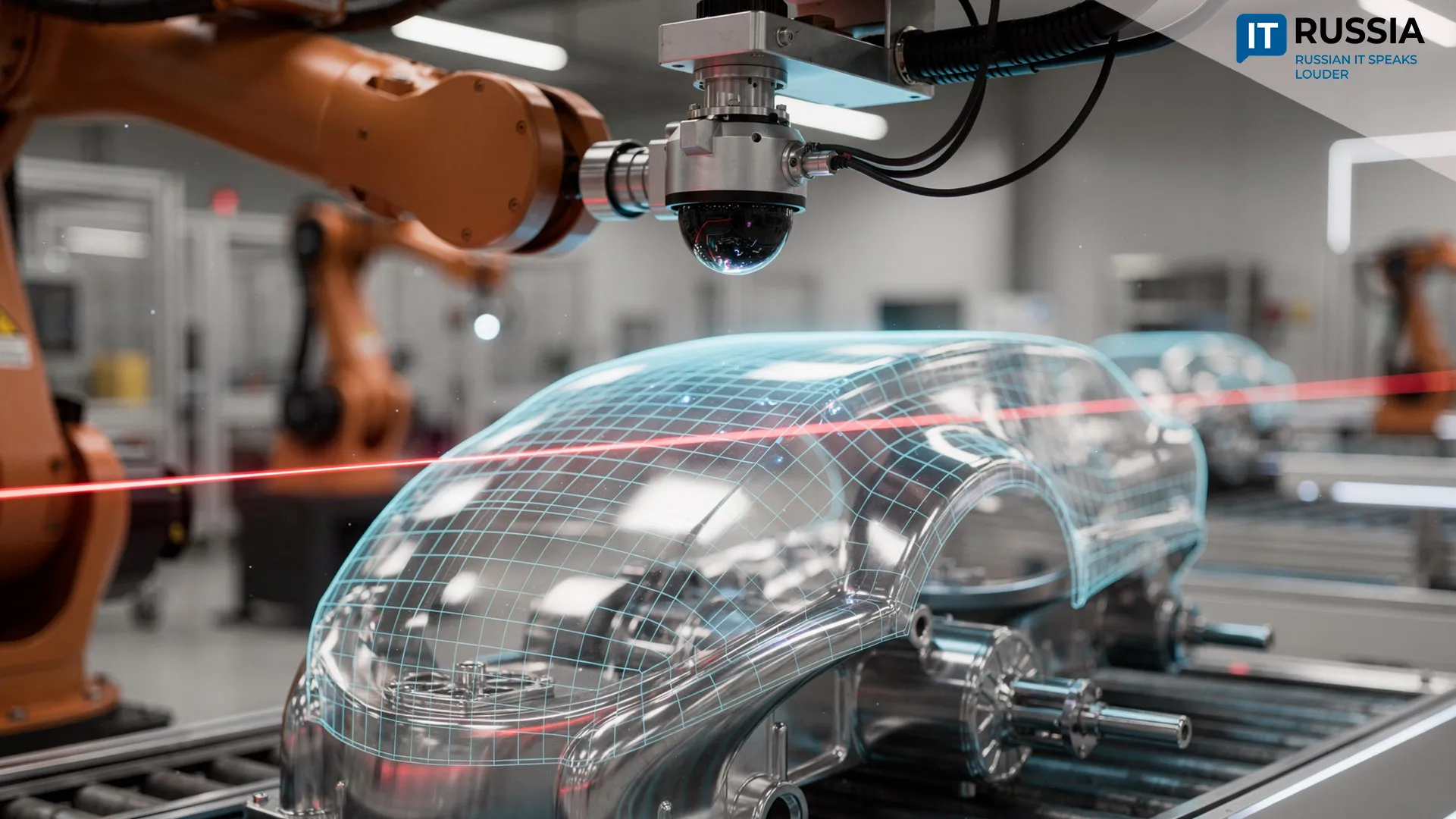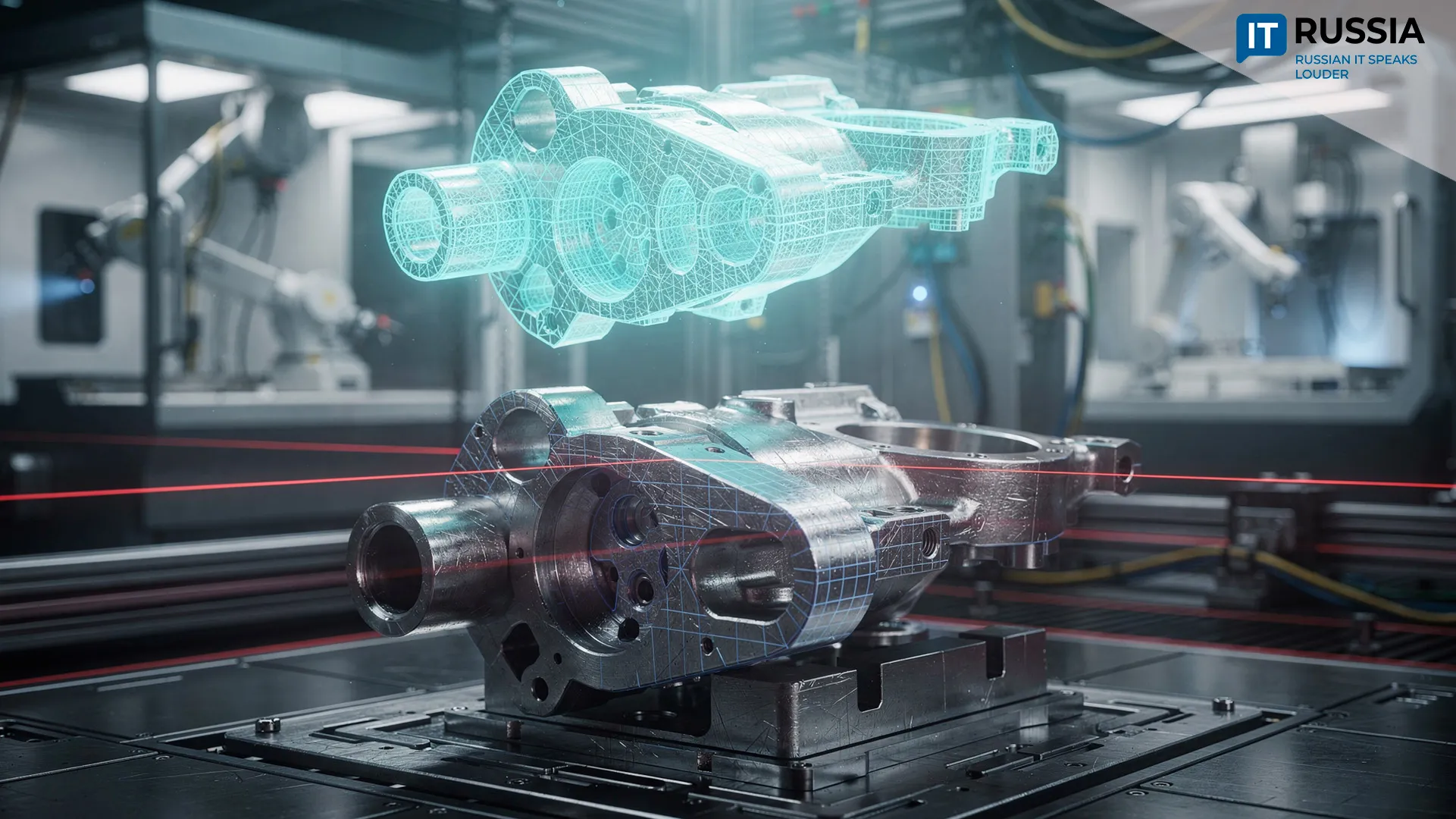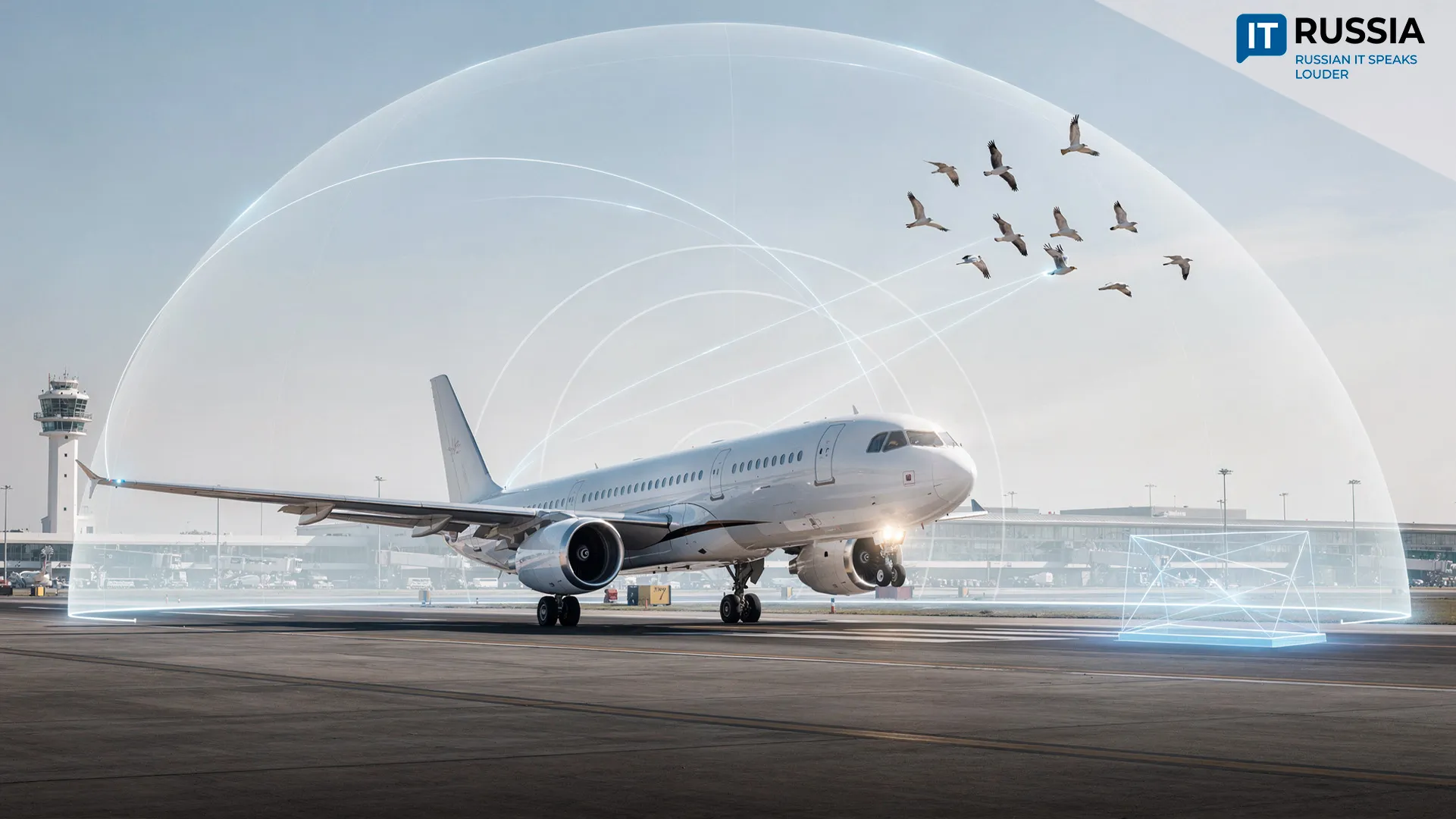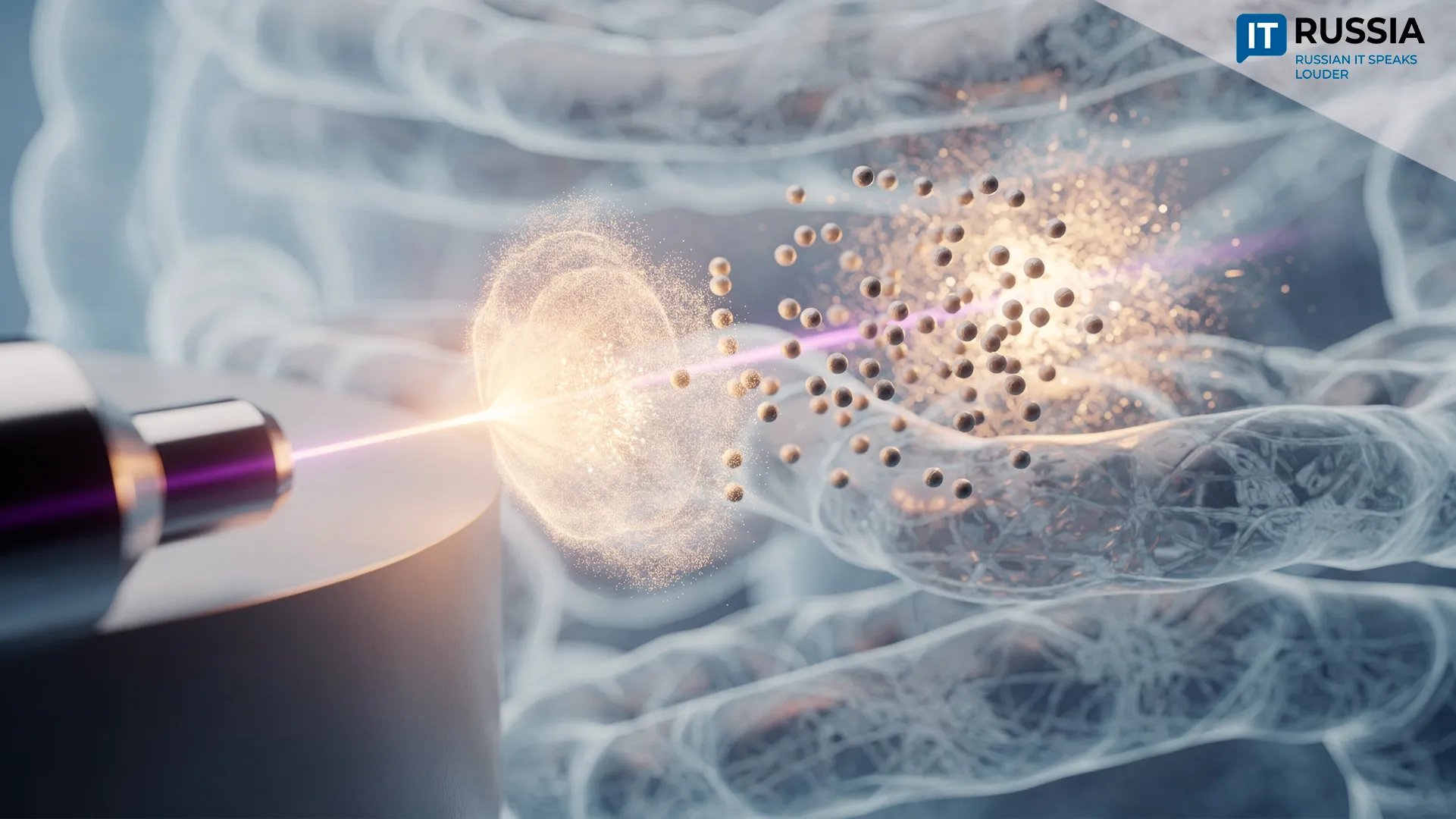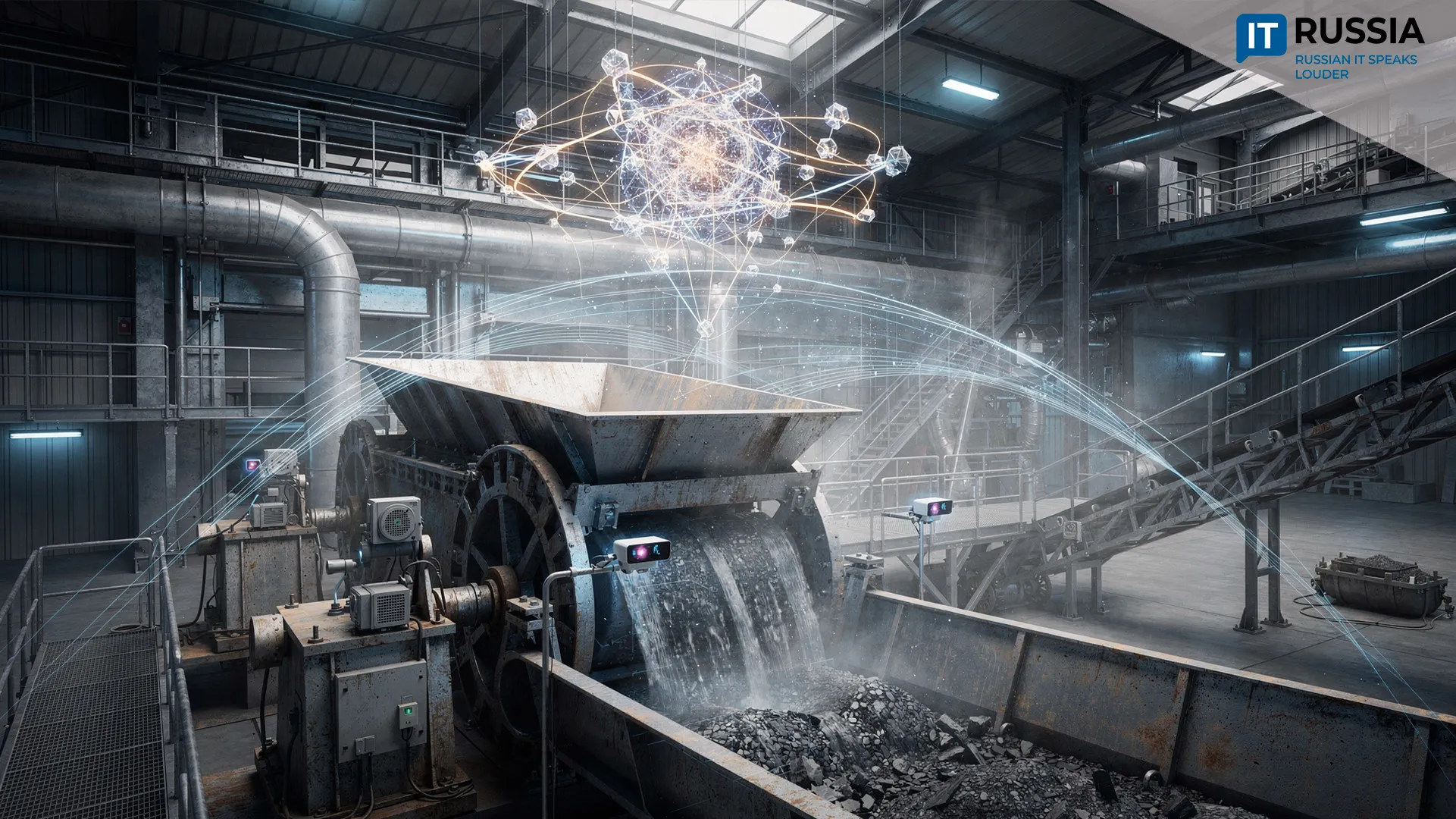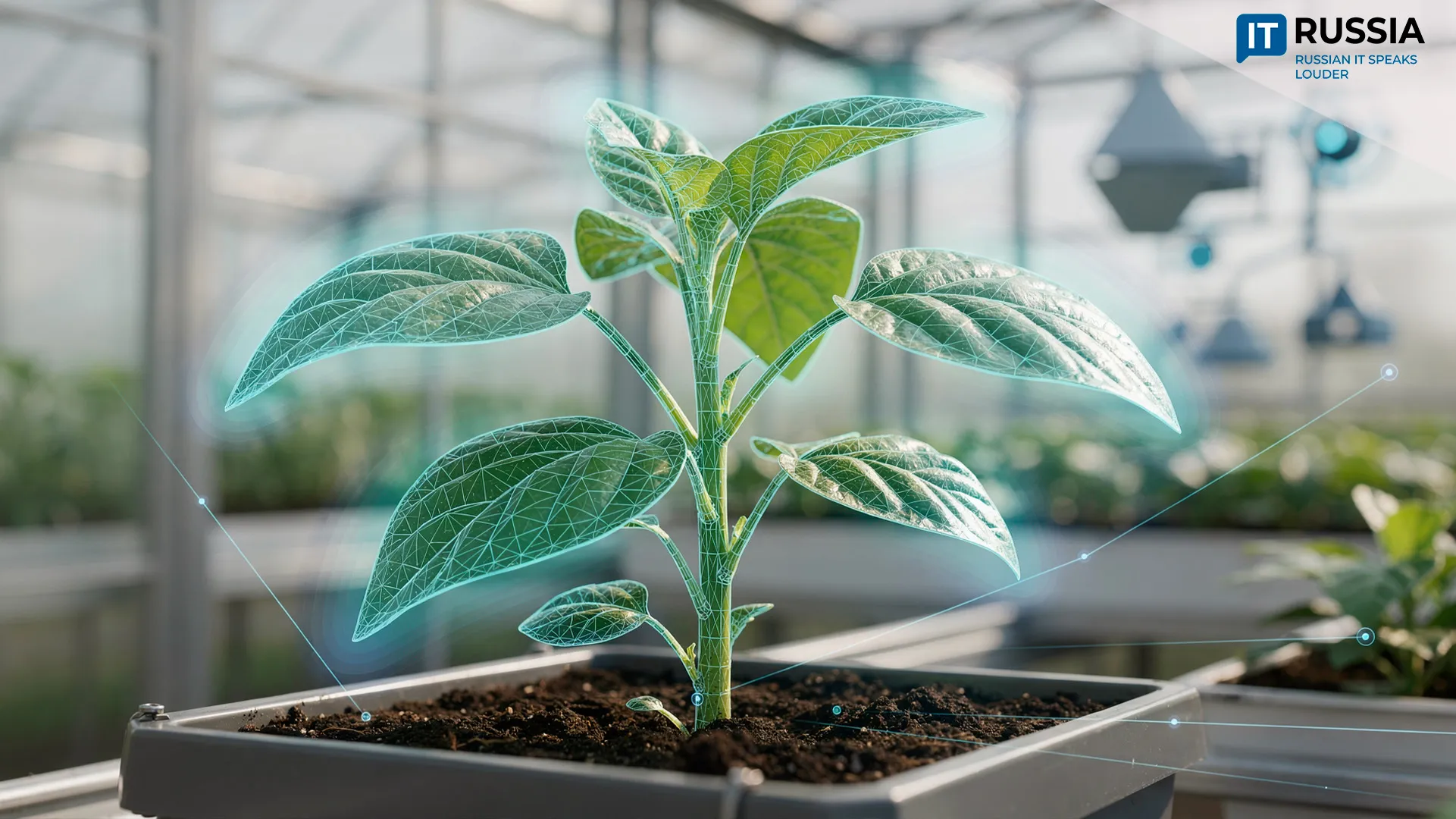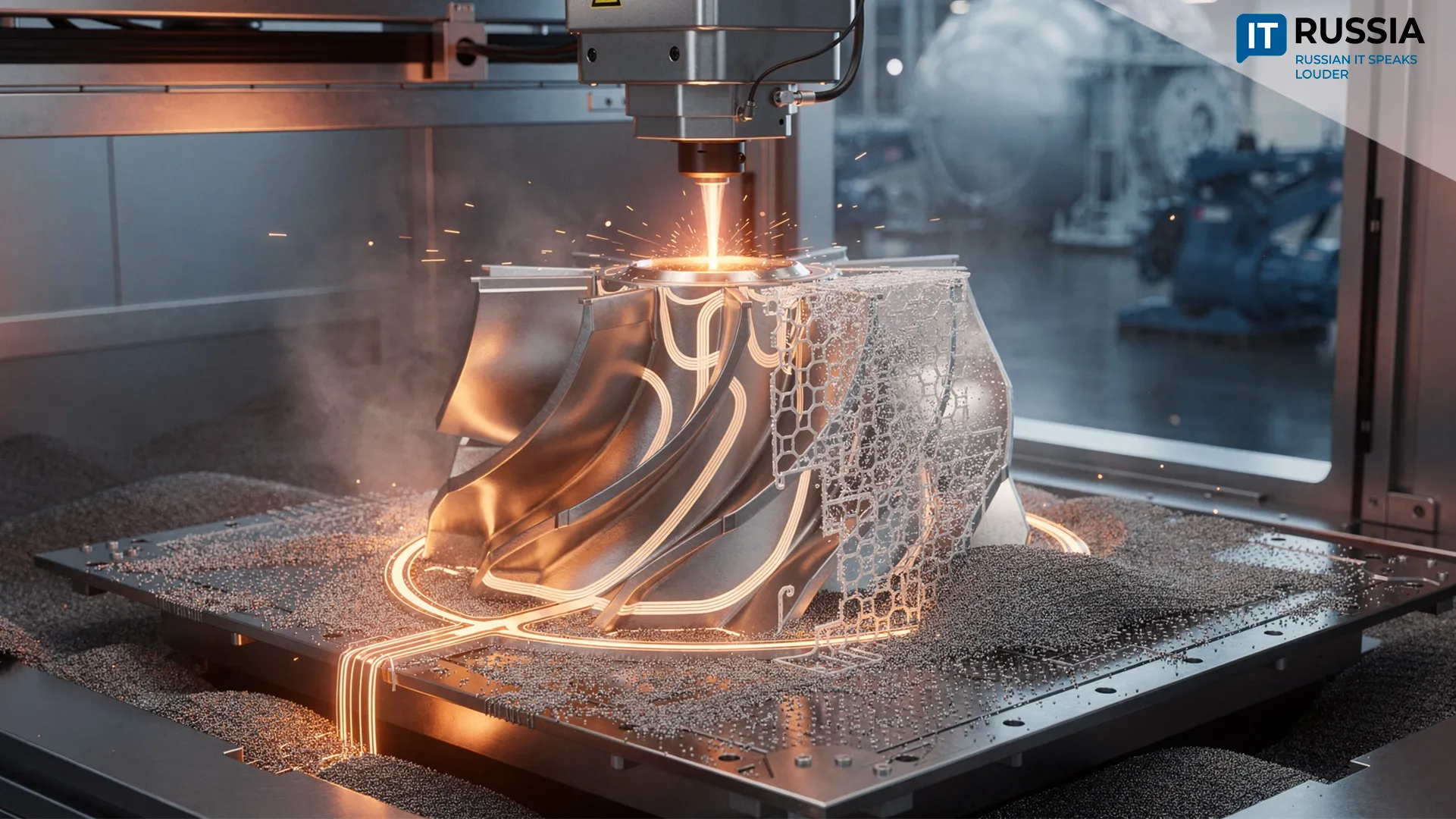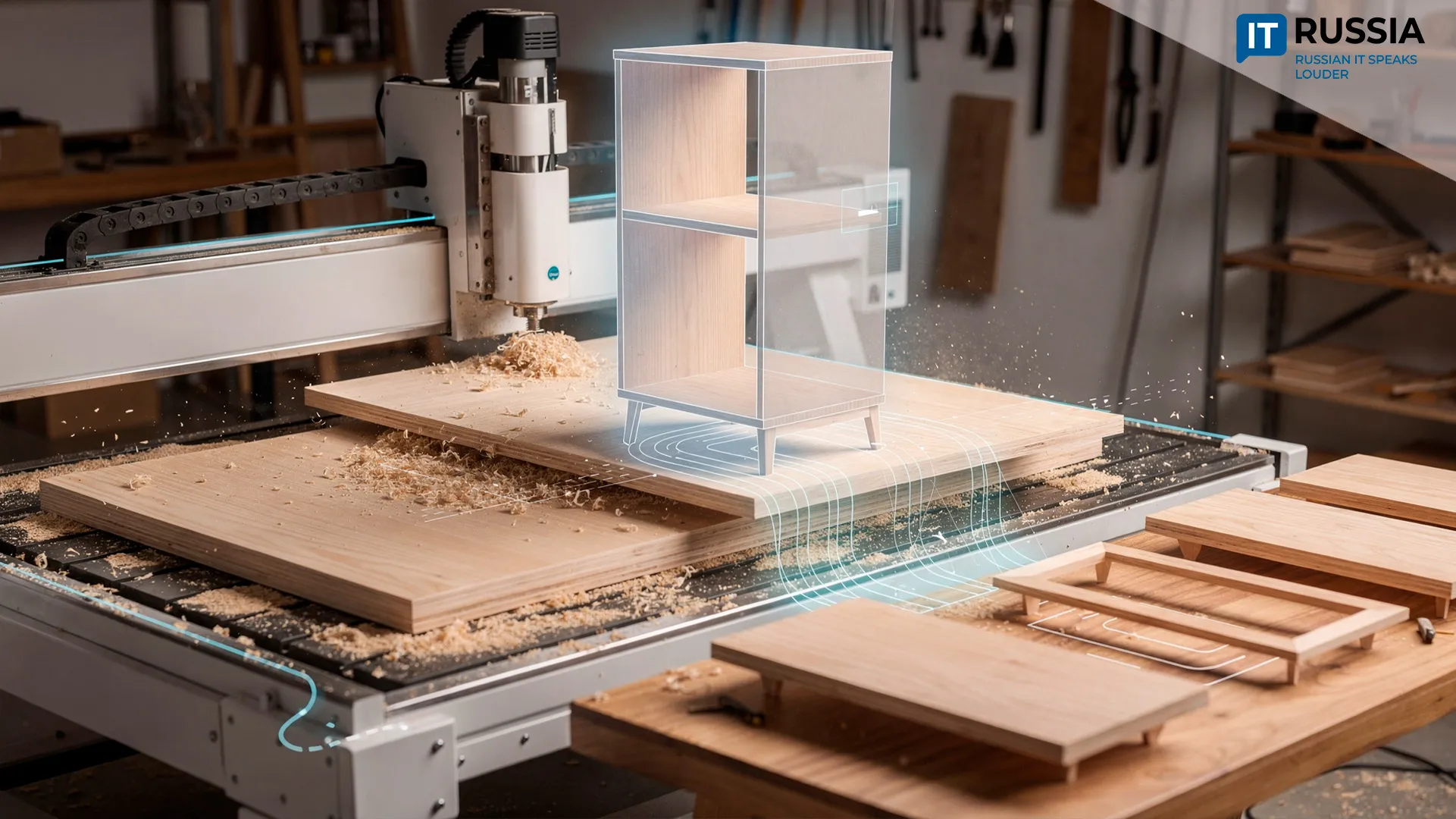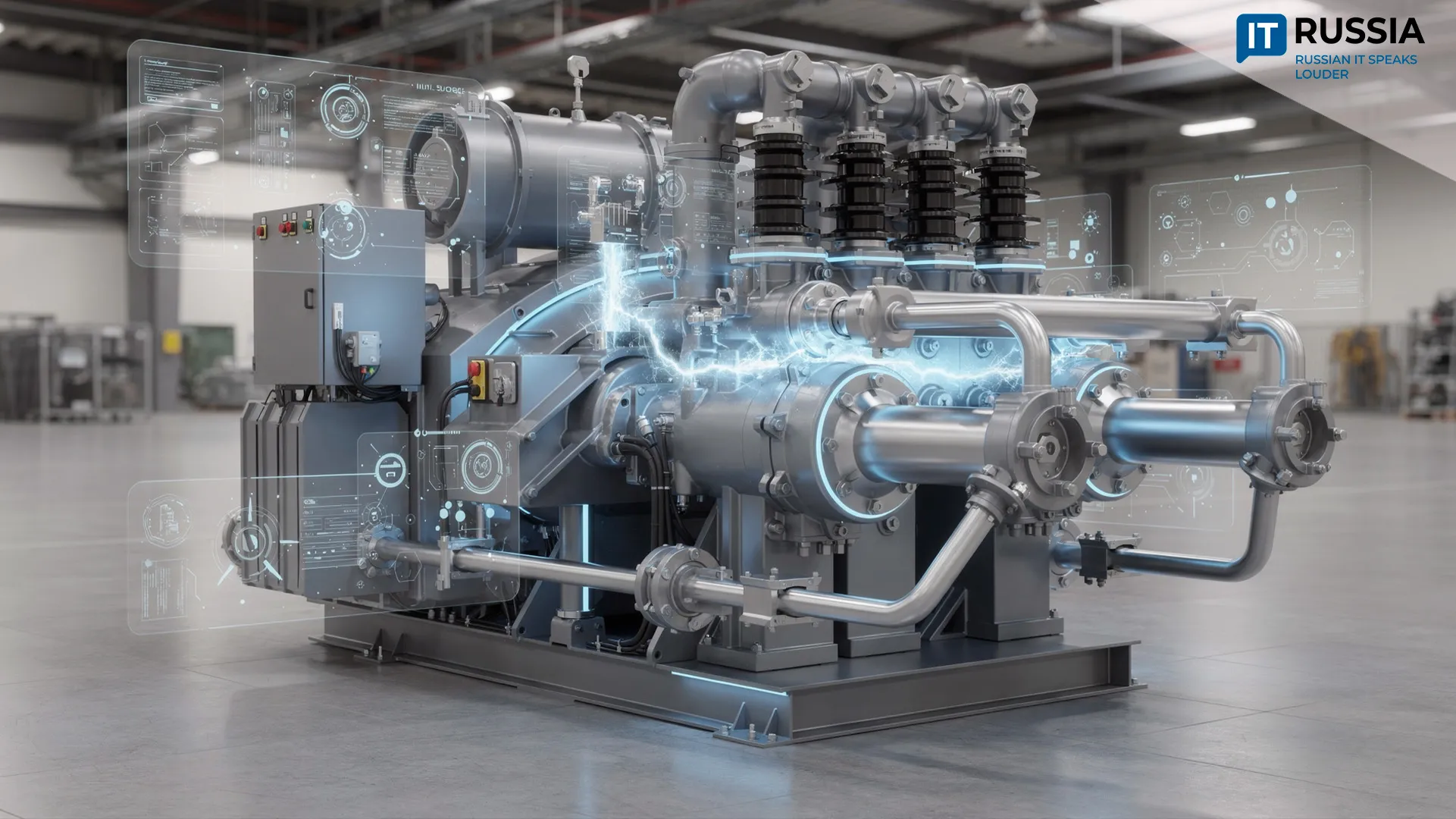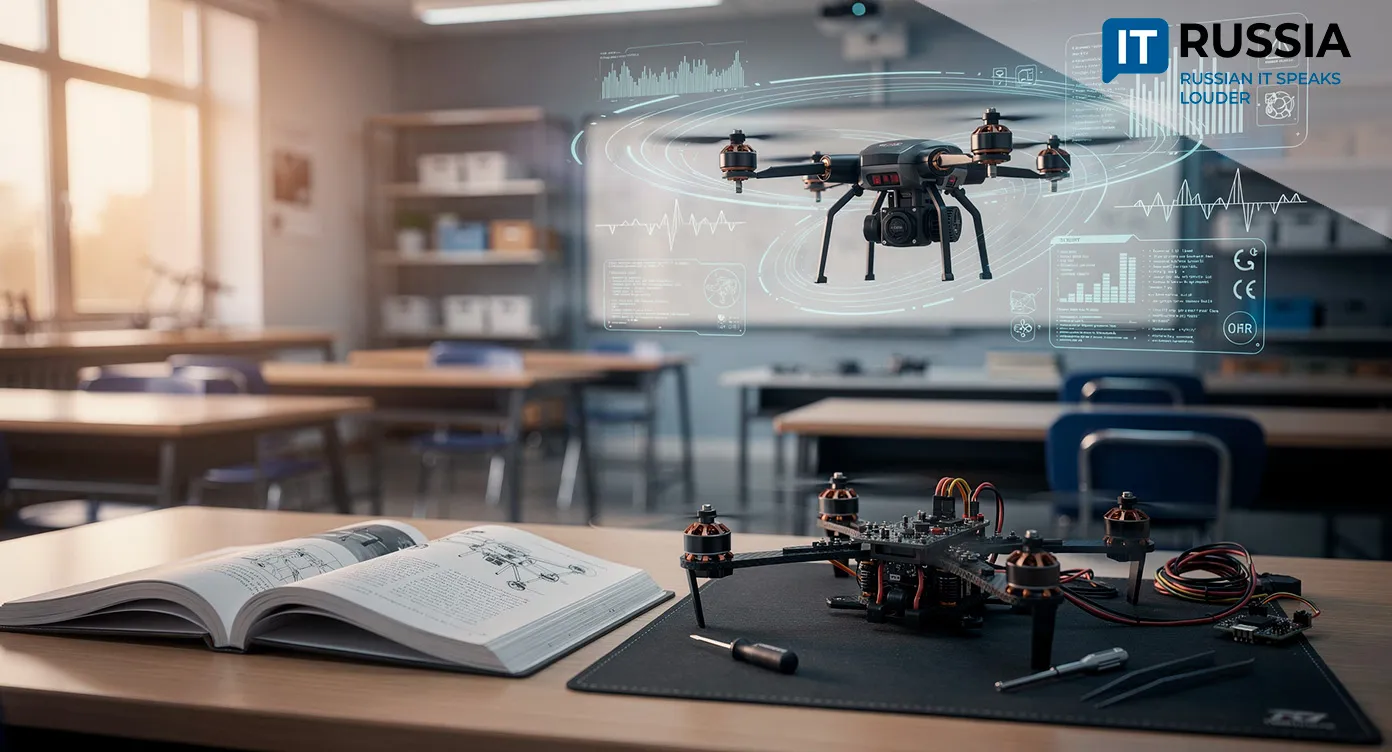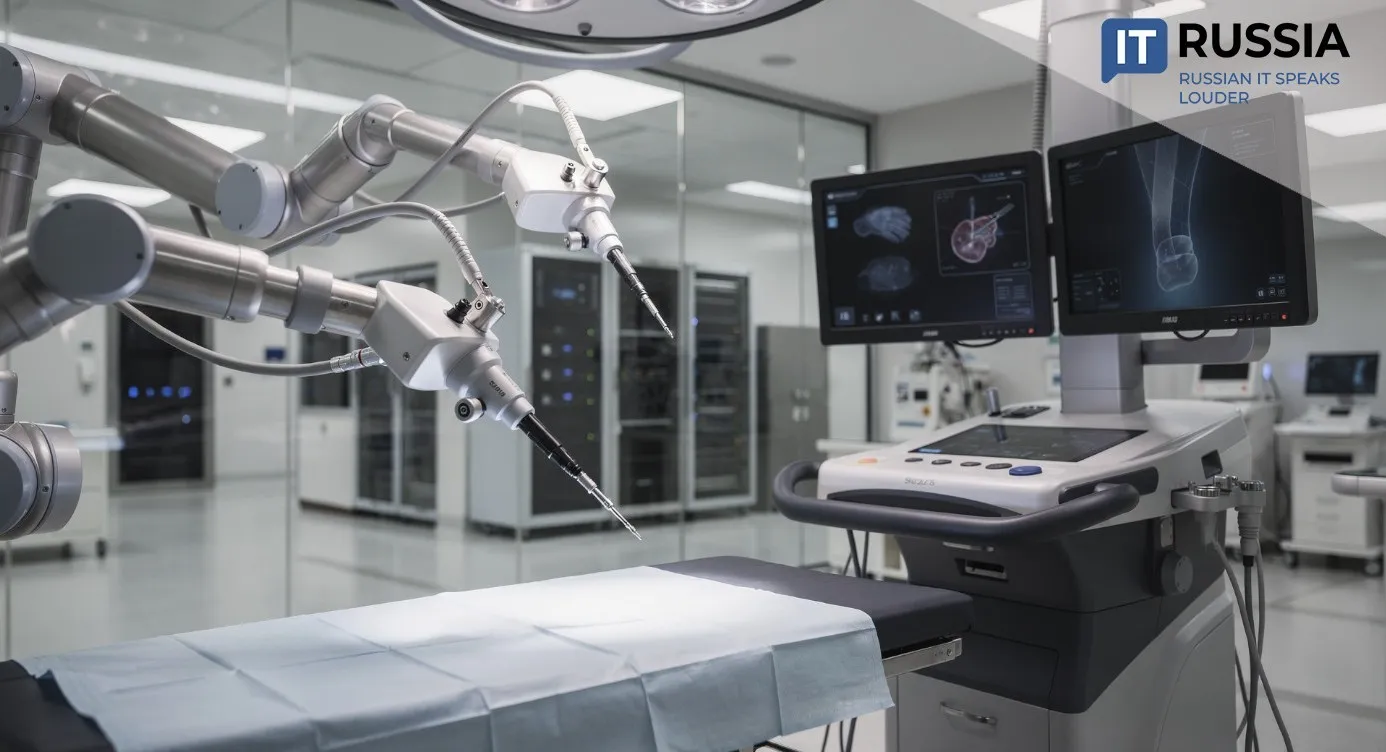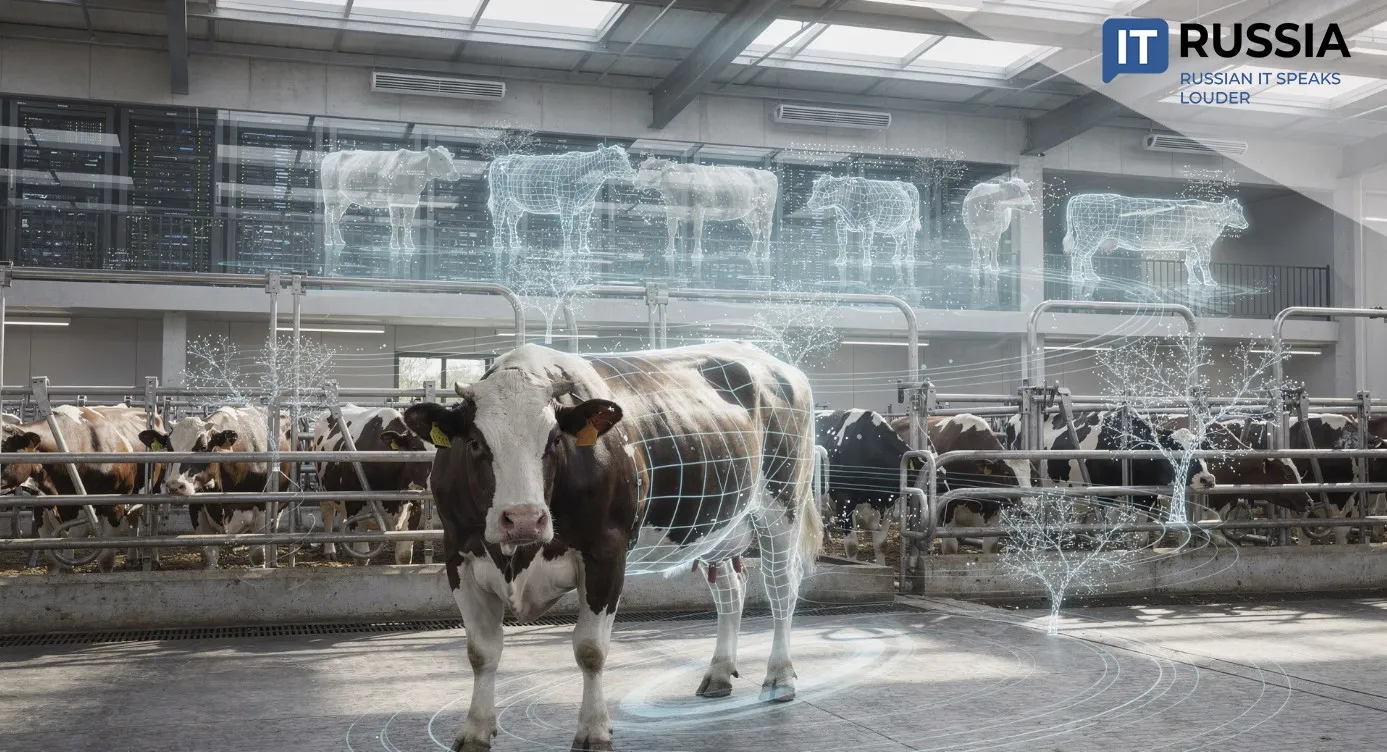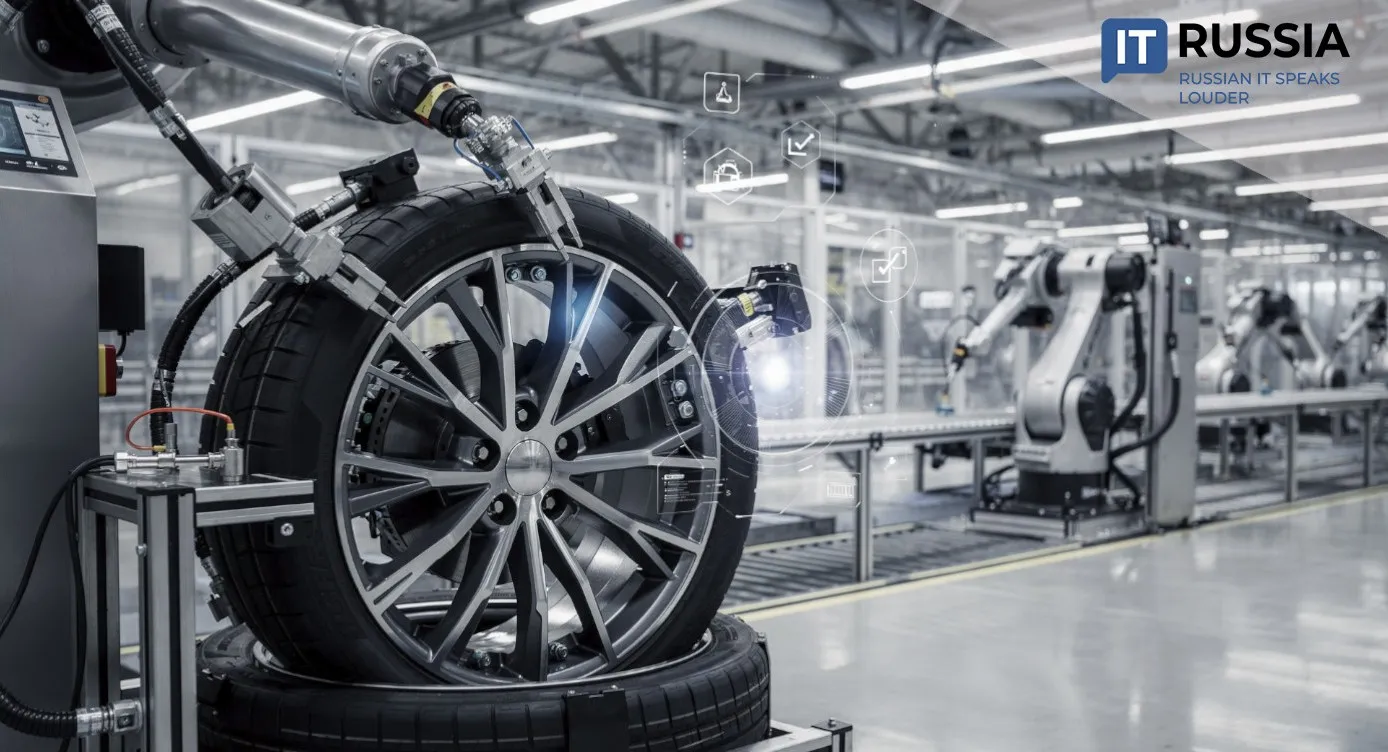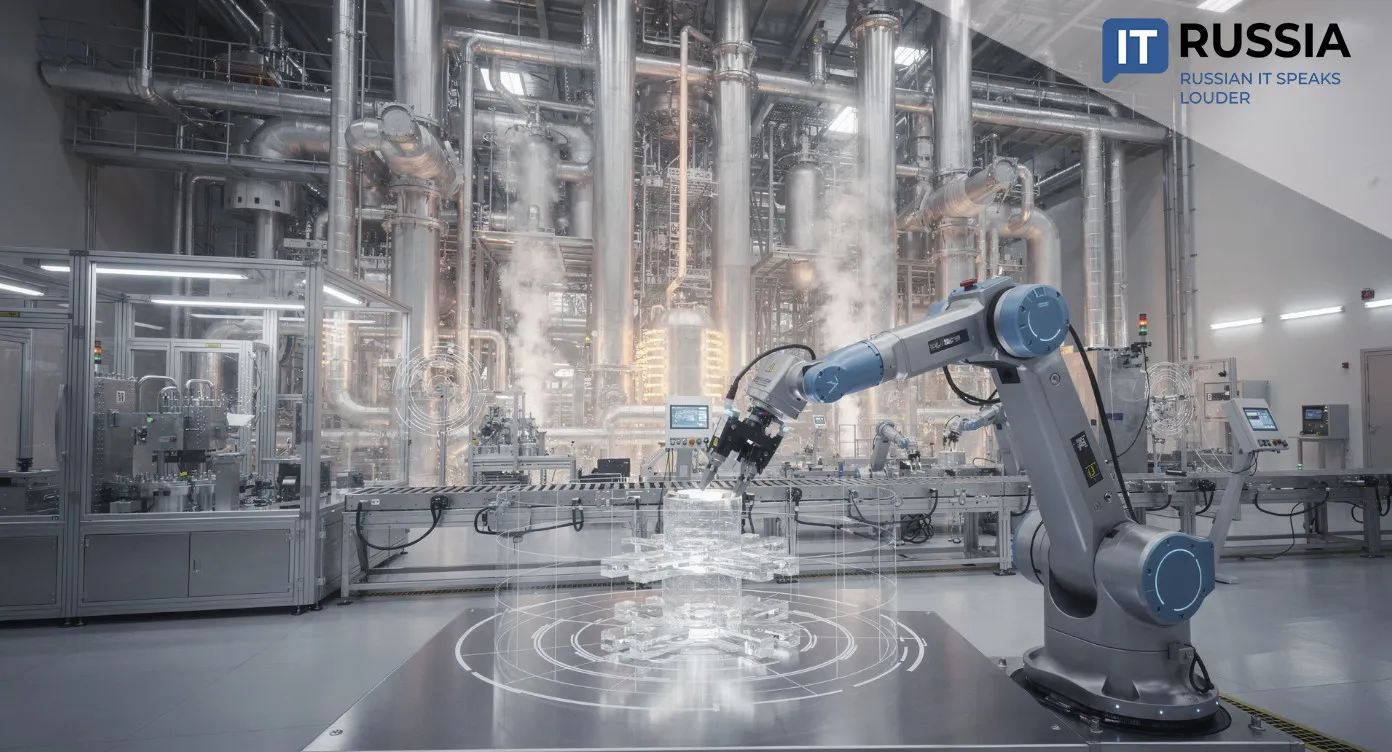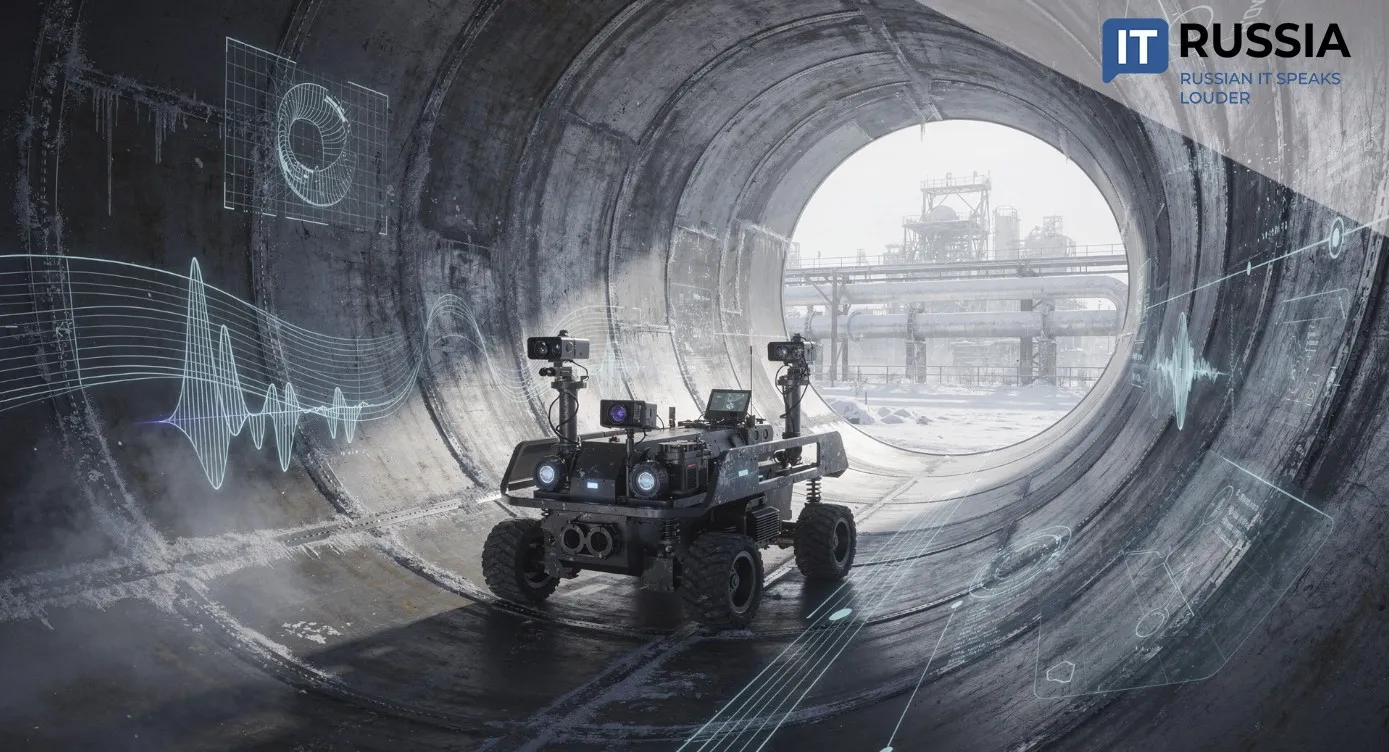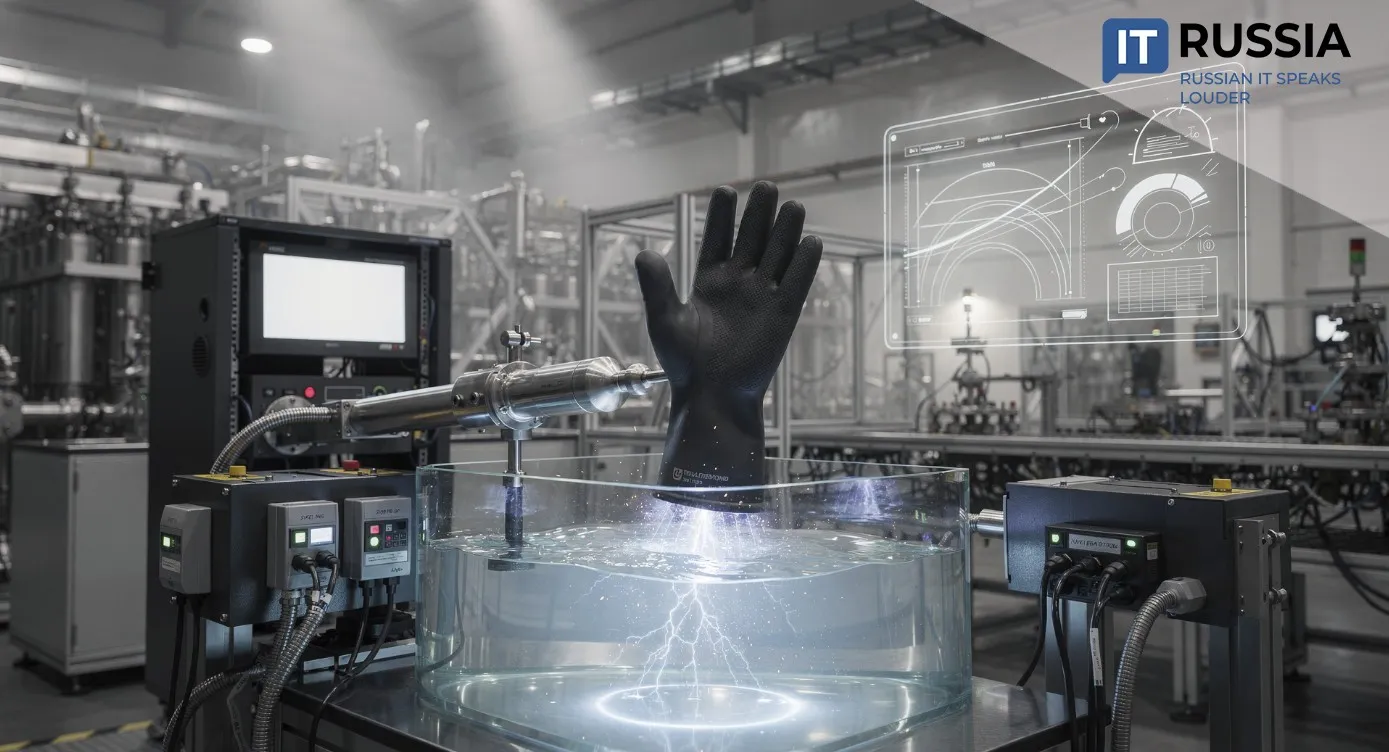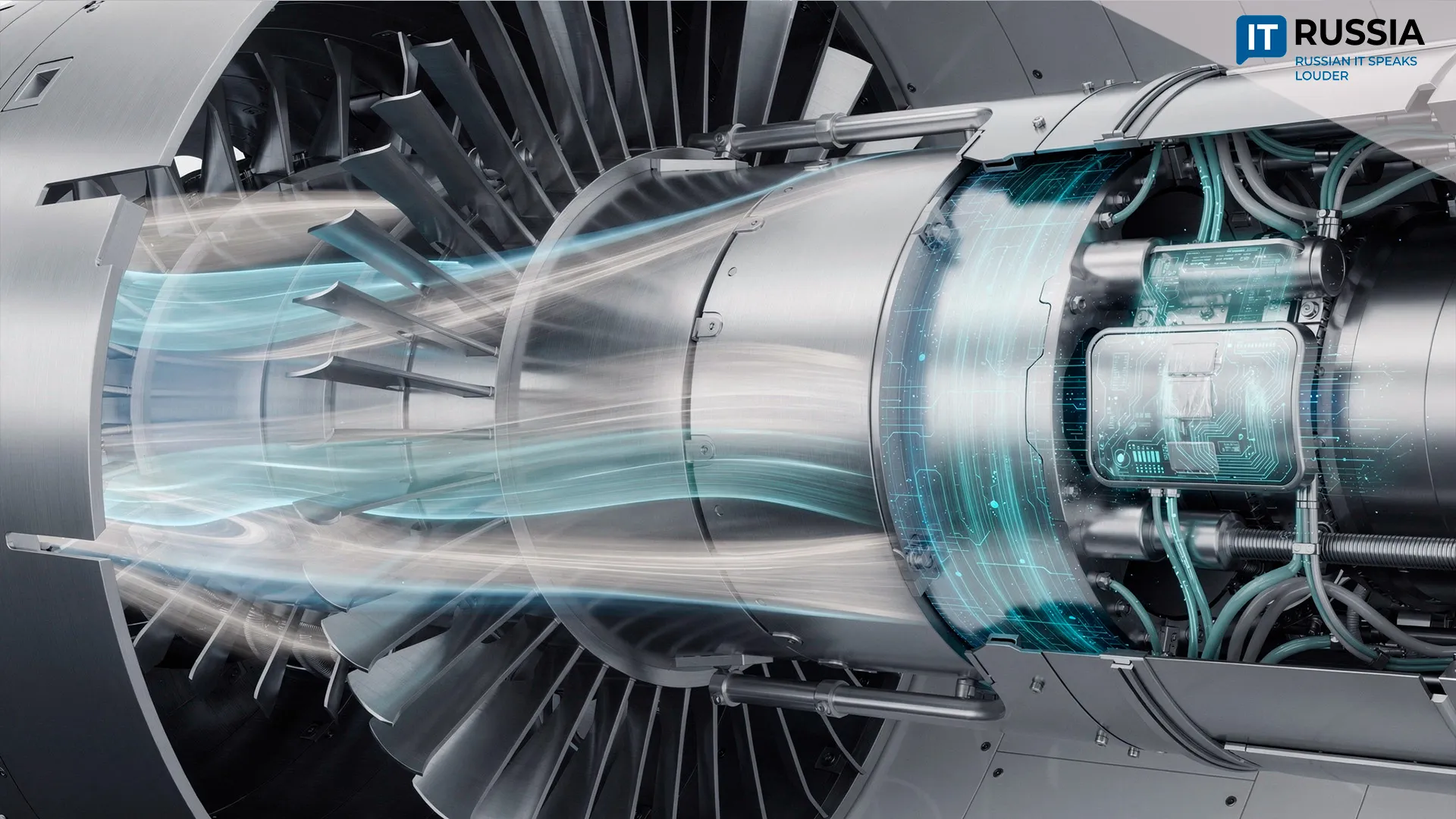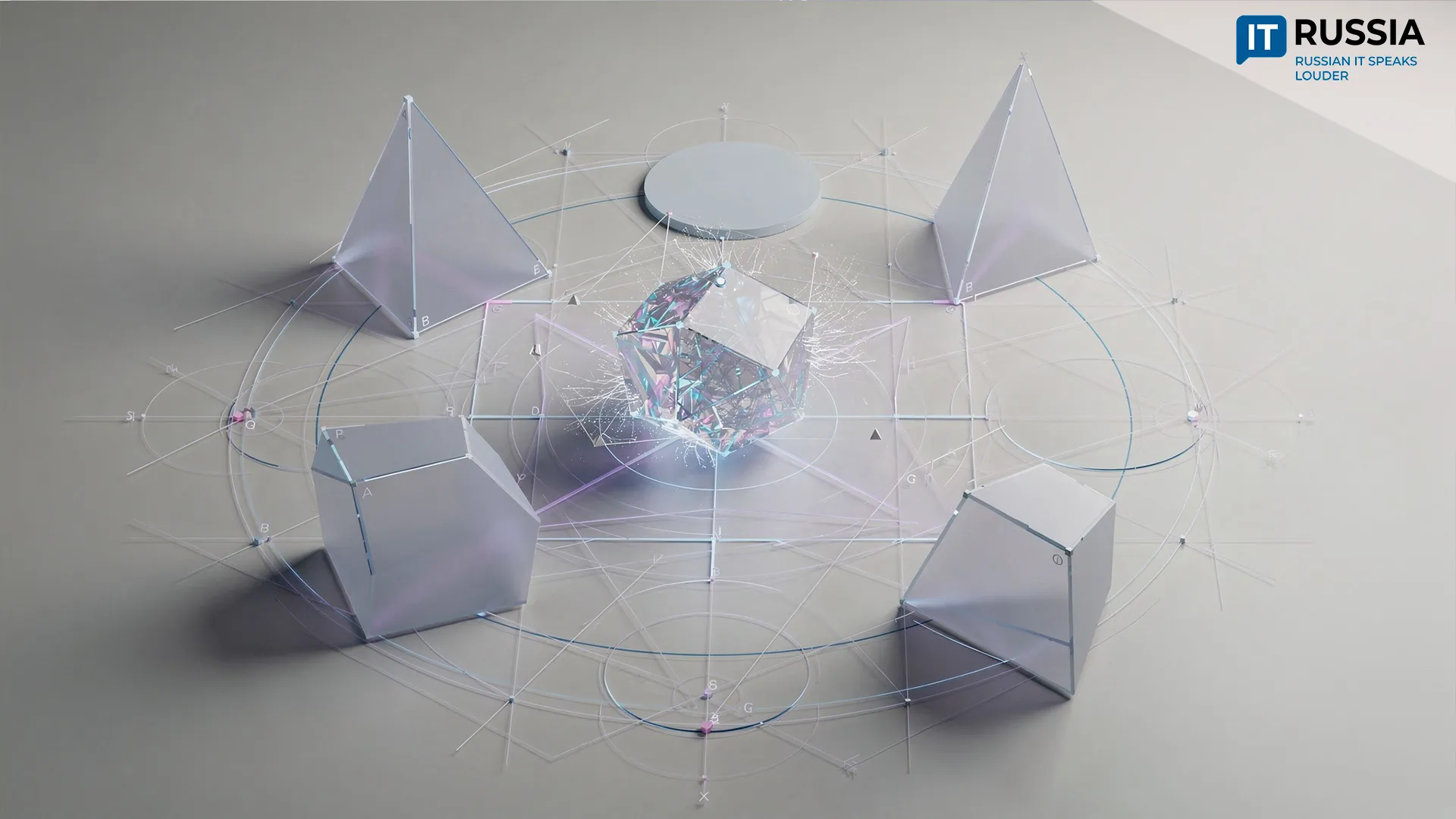Russian AI-Powered Bionic Arms: How 'Motorica' Is Transforming Lives
Russian medtech company 'Motorica' has rapidly grown from a small startup into a global prosthetics innovator. With $50 million in annual revenue and a presence in 15 countries, the firm is creating intelligent prosthetics powered by artificial intelligence and neural interfaces

From Startup to Industry Leader
Founded in 2014, 'Motorica' has evolved into one of the world’s top 10 producers of upper-limb prosthetics. The company attracted more than 400 million rubles (≈ $5 million) in investments from the Russian Direct Investment Fund (RDIF) and the Far Eastern High-Tech Fund in 2019–2020, and later issued corporate bonds on the Moscow Exchange. An IPO is planned for 2026.
Since 2016, the company has produced over 8,000 prosthetic devices for users across 17 countries, including Russia, France, India, and the MENA and Southeast Asia regions. In 2024 alone, production rose 61% to 2,800 units, with 72% being advanced bionic prosthetics.
A major driver of this growth is the company’s new production facility in the Technopolis Moscow Special Economic Zone—a 1,100 m² plant that enables output of up to 4,500 prosthetics annually. Using 3D printing, precision machining, and conveyor assembly, 'Motorica' has also announced plans to open a national network of rehabilitation centers worth over 1 billion rubles (≈ $12.5 million).

The company operates through a growing global network of 25 partner clinics in India and recently opened a regional office there in January 2025.
The Technology Behind the Touch
The key to 'Motorica’s' success lies in its use of artificial intelligence and optomyographic sensors—an alternative to traditional electromyography (EMG). Optomyography reads subtle movements of tendons and ligaments beneath the skin, allowing for more precise and intuitive control.
Neural networks process these signals in 0.02 seconds, transmitting commands to individual finger motors faster than any existing system. Each finger can be moved independently, and users can program gestures through a mobile app. The AI continuously adapts to individual muscle patterns, making control feel natural and intuitive.
One of the company’s most groundbreaking projects is its NEMO Sensitive neuro-modulation platform, which transmits tactile sensations from the prosthesis back to the user’s nervous system. Since 2021, 'Motorica,' in partnership with the Far Eastern Federal University Medical Center and Skoltech’s Neurobiology Center, has performed surgeries to implant electrodes into patients’ peripheral nerves.
This innovation allows users to sense temperature, texture, and even object size—helping to prevent phantom pain and restore natural feedback.
Engineering and Materials
Each prosthesis is built with advanced materials designed for functionality and durability. Fingertips are made from silicone infused with graphene nanotubes, allowing users to interact with smartphone touchscreens. Fingers are constructed from metal rather than plastic, each powered by an independent micro-motor for greater precision and strength.

The company’s design studio customizes the aesthetic of each prosthesis, from color and surface finish to graphic patterns, making devices both functional and expressive.
Expanding the Ecosystem
In 2024, 'Motorica' entered new markets, registering Rishena neurostimulators for epilepsy treatment and acquiring a controlling stake in the 'Special Equipment Plant'—a manufacturer of wheelchairs and orthopedic devices. The company also began developing lower-limb prosthetics and next-generation models featuring integrated AI-assisted movement prediction.
Investment in research and development grew by 275%, reaching 131 million rubles (≈ $1.64 million). The firm is building an integrated rehabilitation ecosystem that combines R&D, manufacturing, clinics, and global distribution.

In 2025, 'Motorica' received a medical operations license and opened its first orthopedic clinic in St. Petersburg—an 800 m² facility that has already begun serving patients. Total investment in the project exceeded 130 million rubles (≈ $1.6 million).
The Broader Impact
'Motorica’s' work goes beyond medical engineering—it’s about redefining accessibility and quality of life. By merging artificial intelligence, neuroscience, and robotics, the company offers people not only prosthetics but the return of natural motion, sensation, and independence.
Its rapid growth also signals a shift in the global medtech landscape: high-tech innovation no longer belongs exclusively to Silicon Valley. From Moscow to Mumbai, 'Motorica' is proving that cutting-edge assistive technology can thrive wherever science meets empathy.


